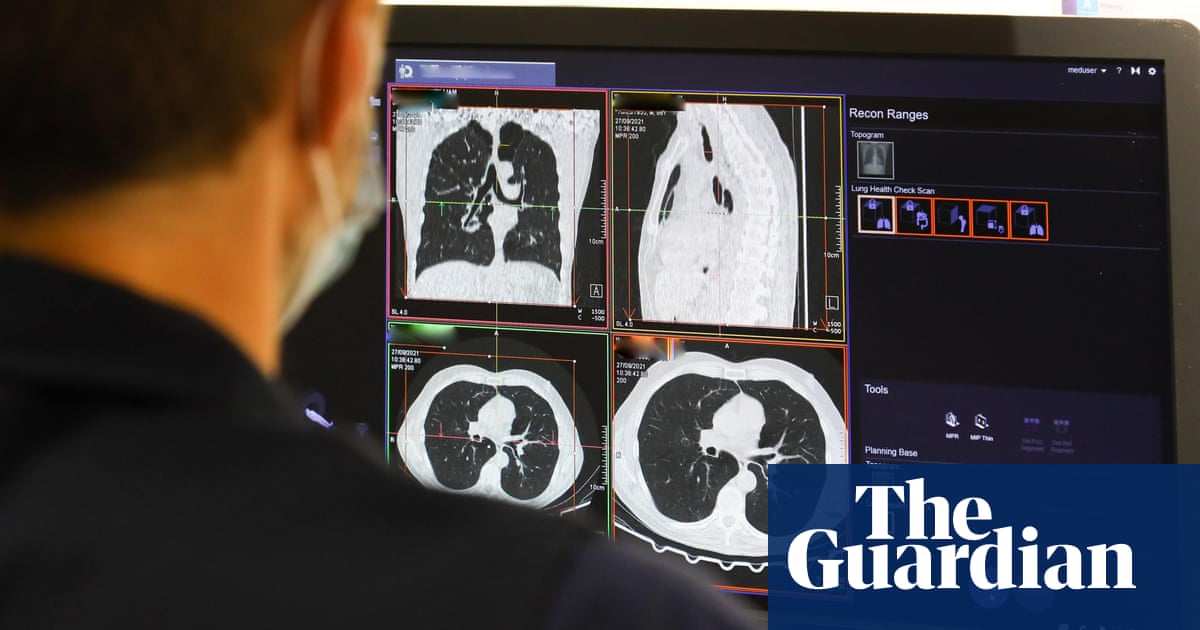
A dramatic rise in bowel cancer cases is set to sweep Britain in the wake of the Covid-19 outbreak, doctors and scientists have warned.
They said they feared that the halting of screening for the condition will lead to thousands of people dying early from the disease.
Bowel cancer is the UK’s second biggest cancer killer after lung cancer. Last year it caused the deaths of more than 16,000 people, a rate of more than 45 individuals a day. Tumours spread aggressively if left untreated but can be pinpointed – using special screening techniques – in their early stages. As a result, doctors can cut out tumours before they spread and patients often make complete recoveries.
However since March, bowel cancer screening has been effectively halted because of the Covid-19 pandemic. “Cancer screening has become a very serious problem and bowel cancer screening is a particular concern,” said Professor Clare Turnbull, of the Institute of Cancer Research.
“Bowel cancer is common but treatable if you detect it promptly. And unlike many other cancers, it is possible to pinpoint cases in their early stages. The trouble is, since March that screening has been halted.”
The early detection of bowel cancer is carried by spotting blood in stool samples. Test kits are posted to men and women over the age of 60 – individuals who have the highest risk of getting bowel cancer, along with those who are obese or have family histories of the disease. Stool samples are then sent to test centres.
Those found to have blood in their samples are asked to attend clinics where they are examined using an endoscope, a long tube fitted with a camera that will show if a tumour is growing on their intestine wall. “In fact, only a small fraction of people called in for examination with endoscopy turn out to have bowel cancer,” added Turnbull. “Usually, less serious sources are are found to be the cause.”
Nevertheless, several thousand cases of bowel cancer are detected this way every year. Patients can have their tumours removed through surgery. In many cases, these patients can return to normal life. Nearly everyone survives bowel cancer if it is diagnosed at the earliest stage, although survival rates drop the later the disease is tackled, states Bowel Cancer UK.
However, test kits for identifying individuals who have blood in their stools are no longer being sent out while endoscopy examinations have been stopped except for a handful of emergency cases, effectively halting all UK bowel cancer screening.
And that cessation of a life-saving service is now a major concern, said Professor Mark Lawler, of Queens University, Belfast. “If a person with bowel cancer is not identified early on, their tumour will continue to grow. It will develop until it reaches an advanced stage when it will be much, much more difficult to tackle.
“And that is what is now occurring across the UK,” added Lawler. “People who could have been successfully treated – by having their tumour detected early and removed surgically – are not being screened and will therefore die far earlier than would have been the case a few months ago.”
This point is clearly backed by statistics. These show that when bowel cancer is tackled at its earliest stage, more than 90% of patients will survive for five years or more. By contrast, those who are not diagnosed until the disease is in its latest stage have only a 10% chance of survival.
The crisis was summed up by Genevieve Edwards, chief executive of Bowel Cancer UK. “This condition is treatable and curable, especially when diagnosed early, but the Covid-19 response means people whose bowel cancer goes undiagnosed could lose years of life as a result of later diagnosis. Covid-19 has placed unprecedented pressure on the NHS, but we are now extremely worried about the fate of bowel cancer patients.”












